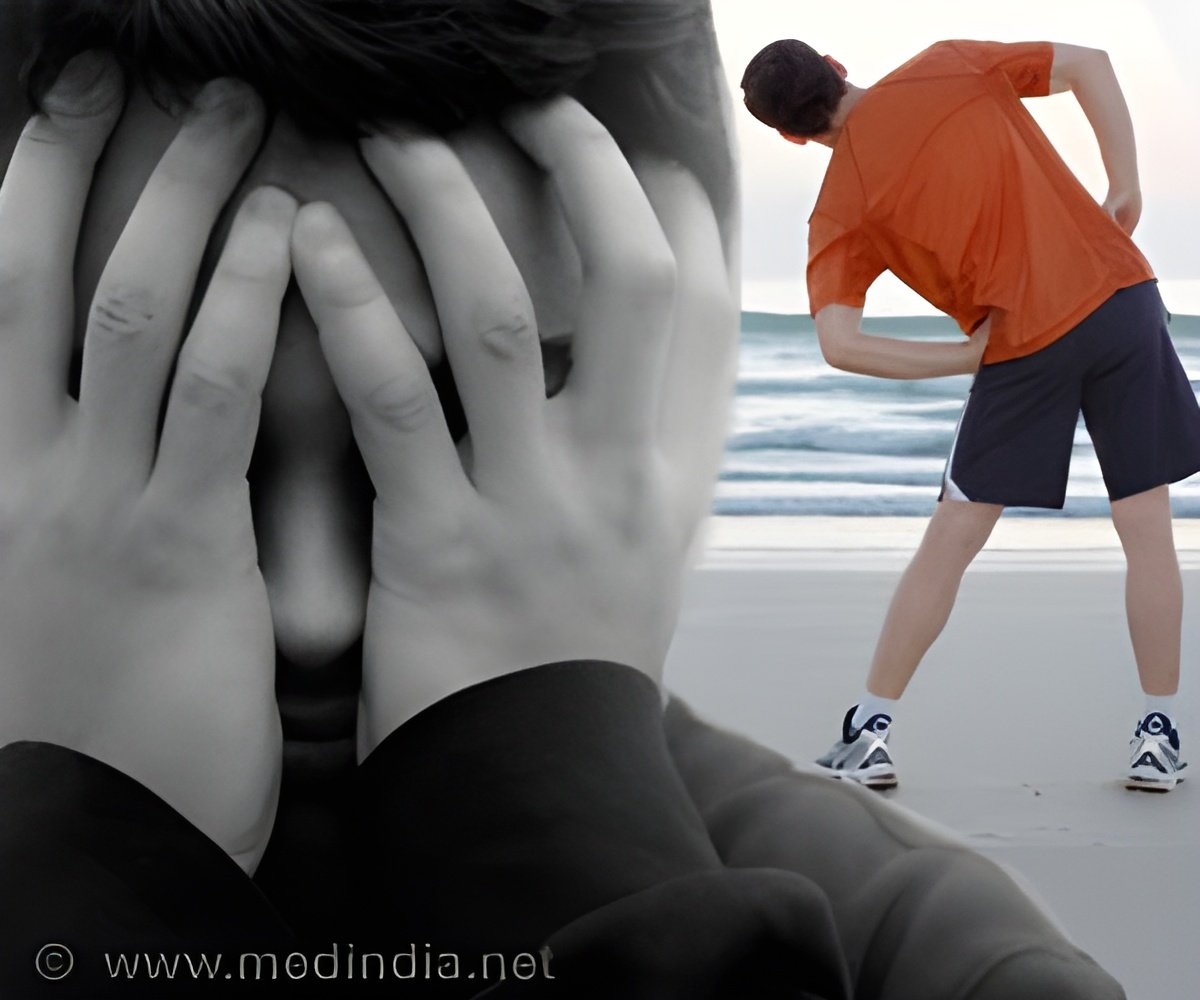
‘People with depression who stop daily exercising could see their depressive symptoms worsen in just three days.’
Tweet it Now
"Adequate physical activity and exercise are important for both physical and mental health," Morgan noted. For the study, published in the Journal of Affective Disorders, researchers investigated the cessation of exercise in 152 adults.
The adults had each undertaken at least 30 minutes of exercise, three times a week, for a minimum of three months.
"In some cases, ceasing this amount of exercise induced significant increases in depressive symptoms after just three days," said co-author Bernhard Baune, Professor at the University of Adelaide.
"Other studies showed that people's depressive symptoms increased after the first one or two weeks, which is still quite soon after stopping their exercise," Baune added.
Advertisement
Depressive symptoms were significantly higher in female participants than in male participants.
Advertisement
A previous study, published in the American Journal of Psychiatry, showed that people of all ages can gain mental health benefits from even small amounts of exercise.
Source-IANS














